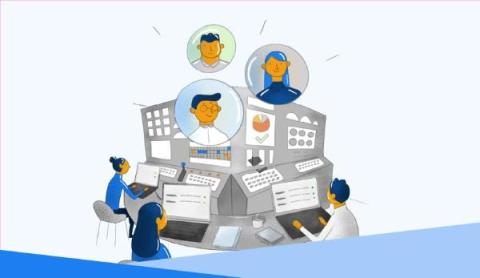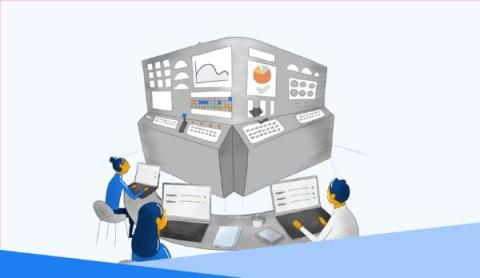5 Easy Ways to Reduce Work-Related Stress for SRE Professionals
It's completely normal to feel a little overwhelmed and stressed out at work these days. Technology has collaboration moving at the speed of light, and time away from screens is at an all-time low, blurring the lines between work and personal time. Plus, it's hard to ignore the multitude of tech outages that have been making headlines lately, leaving teams anxiously on edge. When you are a professional with on-call cycles, the potential of outages adds another level of complexity to the mix.











